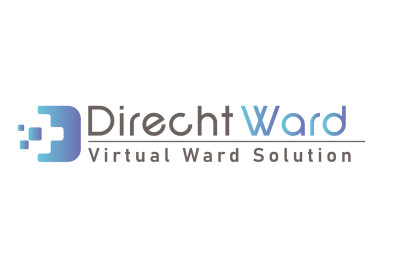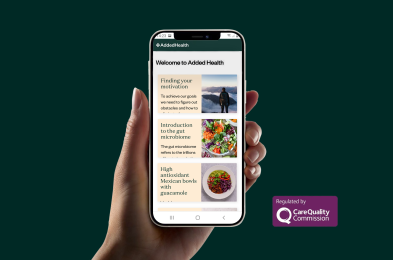 Under evaluation with potential for adoption
Under evaluation with potential for adoption
Reduce DNAs
Use Lumeon Care Pathway Manager (CPM) for Booking and Scheduling to improve operational efficiency and better utilisation of resources around outpatient appointments resulting in reduced DNA rates.
About
NHS organisations experience high DNA rates often between 9% and 15%. Organisations typically receive around 100 000 outpatient appointments per year. Considering new outpatient appointments cost on average around £150 - £200 and follow-up appointments on average around £90 per appointment, reductions in DNA’s could save organisations significant amounts of money. Assuming the ratio between new and follow-up appointments are 1-4, the average cost per DNA is £102. Even a 2% reduction in DNA’s could save the organisation over £200,000 per year.
Allowing patients to pick from available diary slots while booking would create a perception of choice which should make patients more likely to attend and thereby reduce the number of DNAs. Available time-slots presented to the patient would automatically be ‘thinned out’ by the Lumeon CPM software ensuring pre-defined utilisation criteria is met and diaries are filled in the most effective way.
NHS staff are also already running at 100% capacity with very little or no time available to provide anything other than essential care to patients and available appointments slots are also constantly at capacity across the NHS. Automation of processes that can remove the need for staff intervention would create additional time that will allow staff to provide better care and together with better utilisation of dairy times slots would be of great benefit to any Trust.
A solution that can reduce DNA’s, provide better utilisation of available resources and at the same time improve the efficiency of staff to allow them more time to provide better care to patients would provide a real return on investment for any Trust.
Lumeon’s experience delivering these types of projects, as well as IT projects best practice around new projects, have shown that bigger is not always best. Smaller focused projects more often than not provide better results quicker.
The initial scope is to implement a system that can provide on-line booking and scheduling functionality through a web browser interface. This initial project could be across a few select specialities within the organisation with an aim to show increased value within 3 to 6 months.
We see this as the first step towards a better patient experience, improved operational efficiency and improved utilisation of resources for any NHS organisation by adding additional specialities as and when it makes sense and based on the successes achieved through the initial project.

